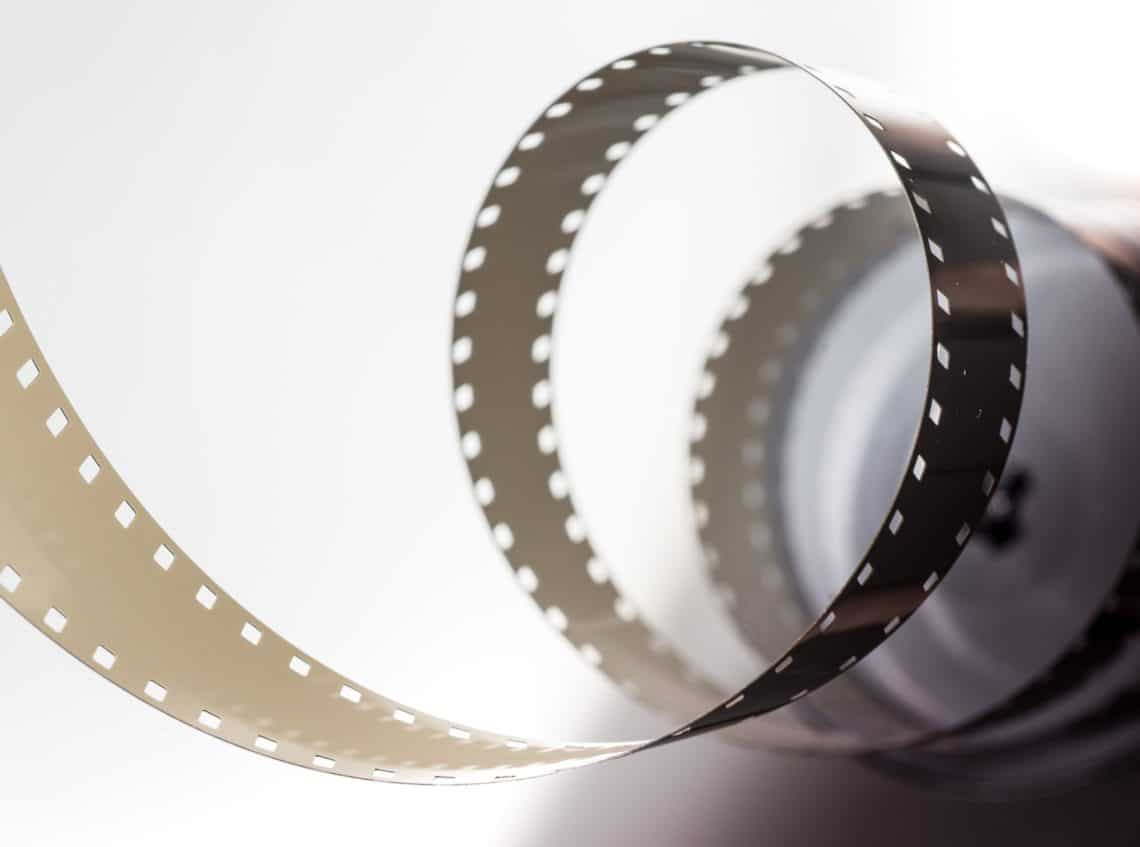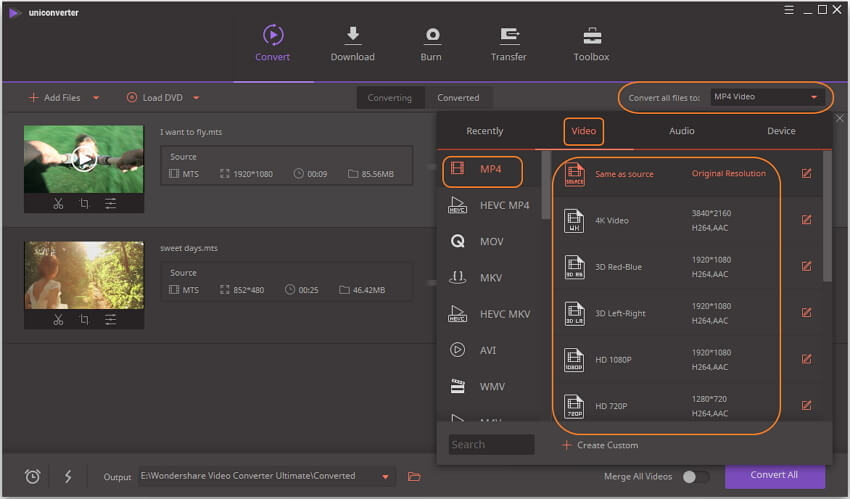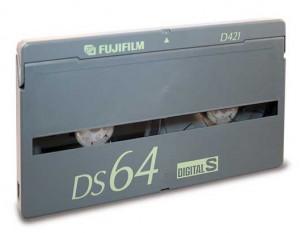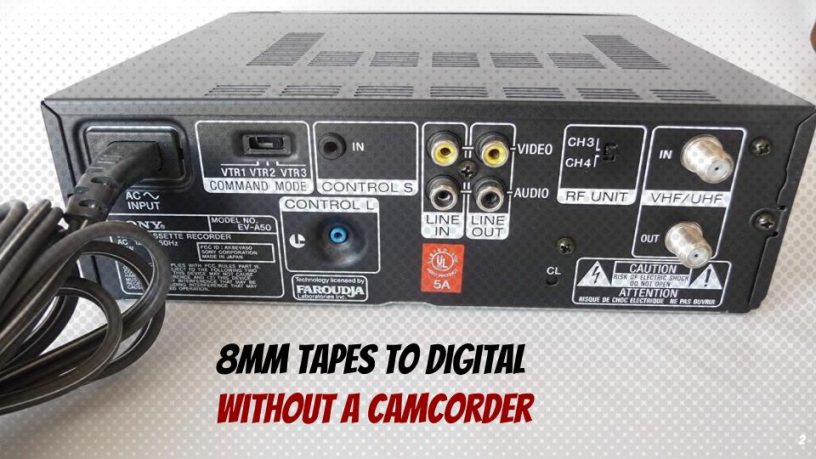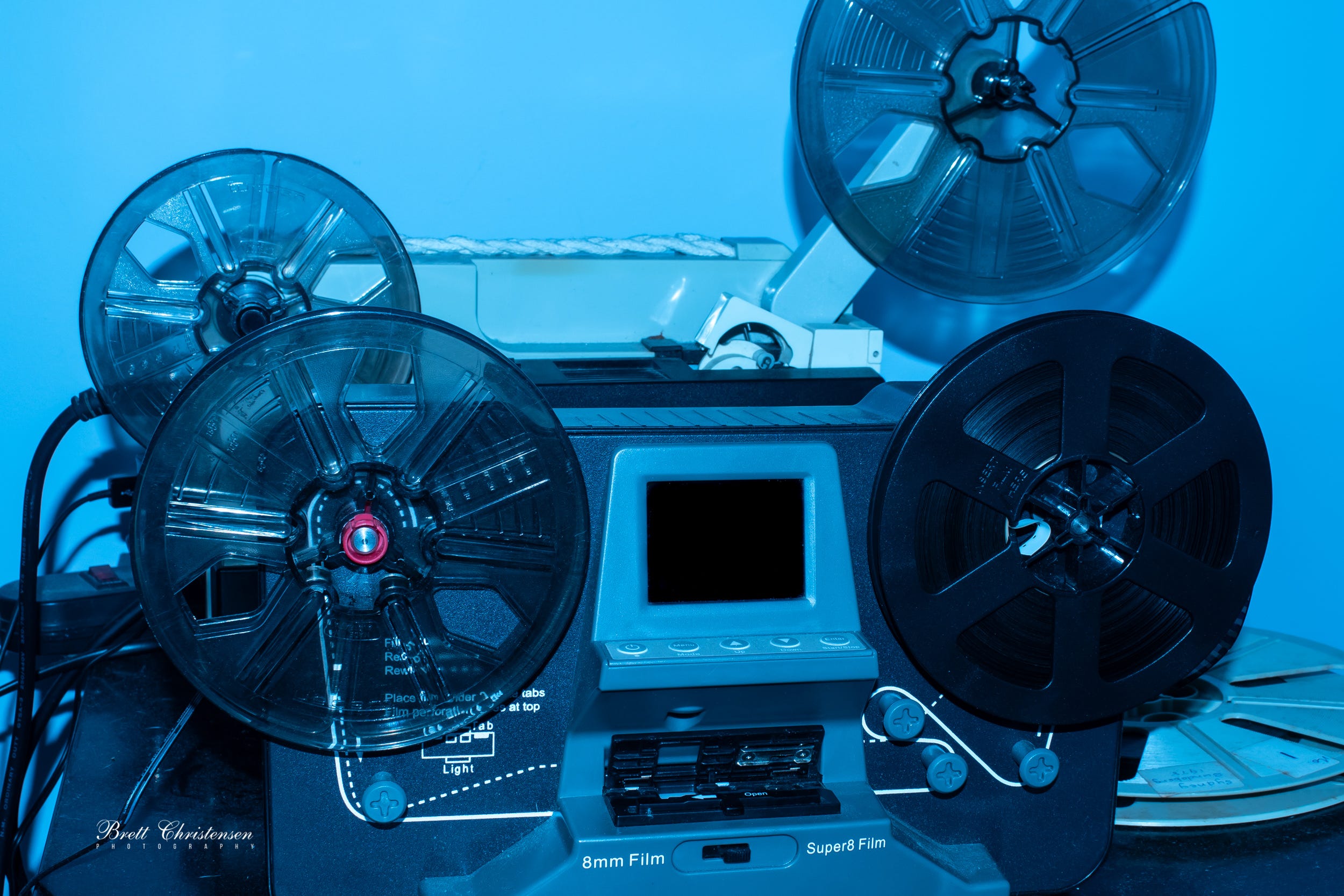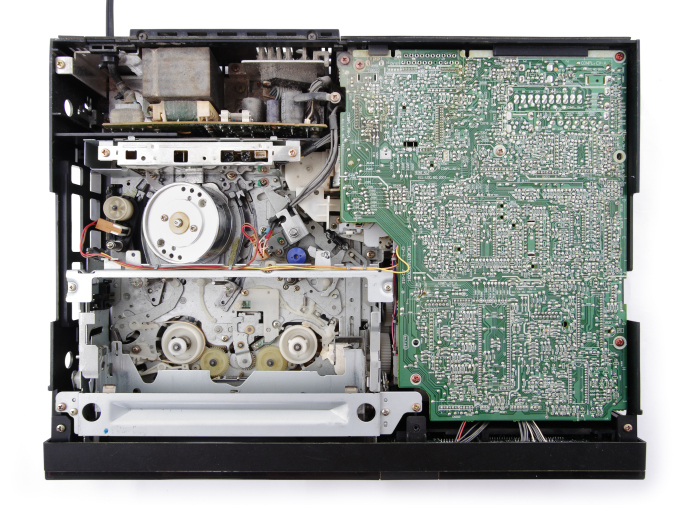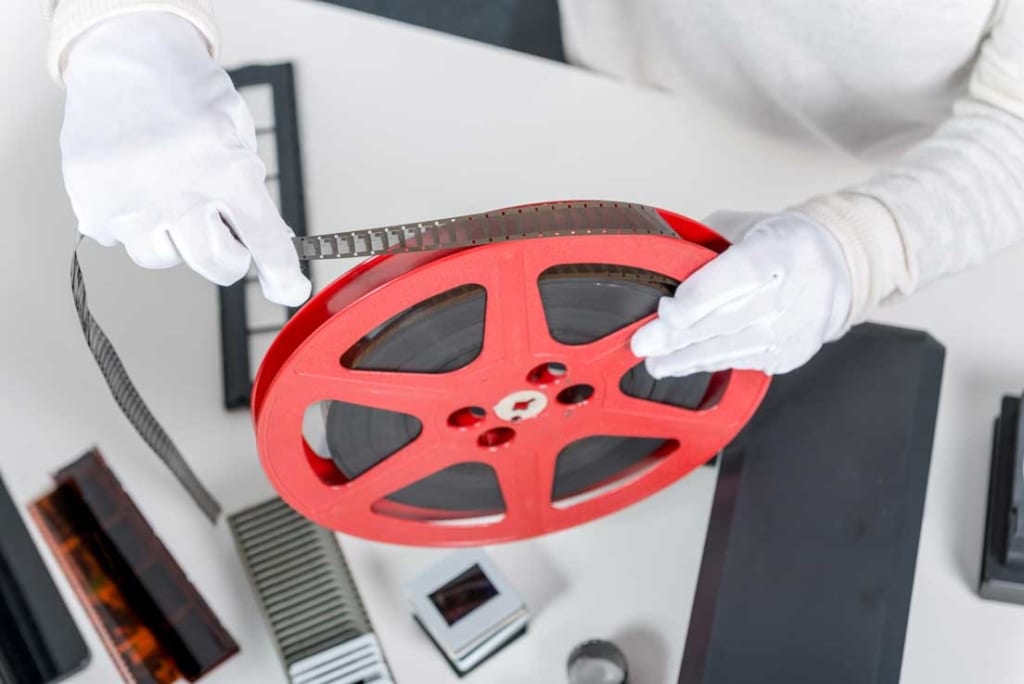A Biased View of 8mm Film Digitalization
Some producers made video cameras with unique magazines that might be pre-loaded with 8 mm spools. The Straight Eight format, delighted in many of its little share of appeal in Europe. Kodak did ultimately presented a Straight 8 magazine-loading system, however it was never ever as popular and was rapidly terminated. Ultra Pan 8Introduced in 2011, the Ultra Pan 8 format utilizes Standard 8 movie in a customized cam.
![]()
Video 8, Digital 8, Hi 8Don't be confused. There is 8mm referring to projector film, and there is 8mm describing video movie. When it comes to 8mm movie, whether on a spindle (8mm, Requirement 8, Routine 8, Double 8) or in a cartridge (Super 8, Single 8, Ultra Pan 8), the end item constantly needs a projector.
8mm film must be processed prior to it can be seen. 8mm video movie, as used in camcorders, is never removed from its cartridge and offers immediate playback, whether on the camcorder itself, or on a TV by method of video playback or a VCR. Don't w 8 til it's too l 8! Sorry, couldn't resist.
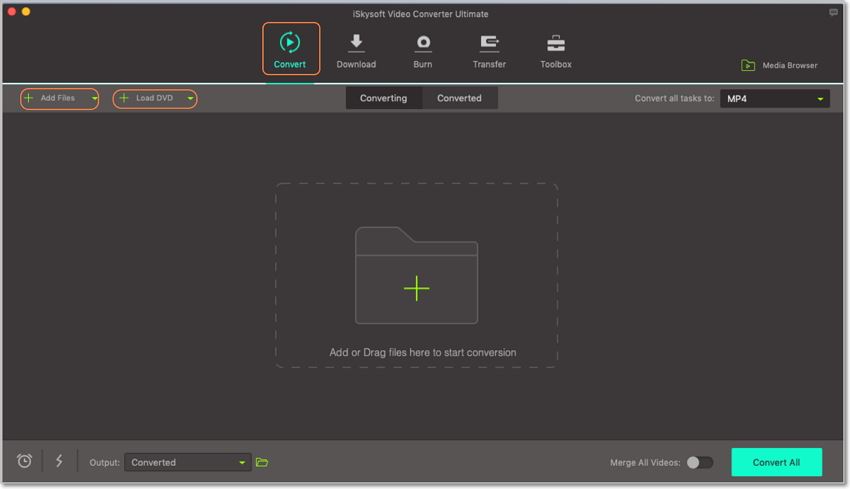
If you have a collection of 8mm films, it likely has some years under its belt. Except for independent artists and hobbyists who use the old video cameras and movie for an intended appearance and feel, no one is using the old devices or movie as a way of capturing family memories.
Some Known Questions About Diy 8mm Film Transfers.
Nevertheless, what you are resting on is gold, if you can transfer it safely to the modern-day age of digital. Film strips were not designed to last forever. Even Hollywood has found that out the hard method - films can be lost forever without ever leaving their original can. That's where our engineers at Legacybox can step in and make that transition a great deal simpler for your family legacy.
We will talk with you throughout the entire procedure. Your films will return to you alive and well, and on formats (thumb drive, digital delivery through Legacybox Cloud ™ or DVD) you can reveal and share anytime, anywhere. Pull those family memories out of deep storage and conserve them from time today.
Google Photos requires Google account and internet connection. 2019 Google LLC. All rights reserved. Google Photos is a hallmark of Google LLC.
If you are a keeper of family treasures, you likely have more than a http://b3.zcubes.com/v.aspx?mid=2280087&title=the-12-worst-types-8mm-film-archive-accounts-you-follow-on-twitter few metal cylinders filled with 8mm home films. They might have labels like "Trip 66" or "Danny's 8th Birthday". Those films are filled with clips that can transport you - to birthdays, reunions or simply every day life minutes from the past.
Some Ideas on Transfer 8mm Film To Digital You Need To Know
Therefore converting your 8mm film to digital is a project that you ought to deal with at the earliest. It's practical to understand more about the 8mm format and the history of movie transfers prior to you embark on a project like this. When we speak about 8mm film, we are discussing the movie stock that was commonly popular beginning in the mid-20th century, among house photographers and amateur filmmakers.
However, this was a pricey format and not a practical choice for the home film market. And so in 1932, Kodak came out with the more budget friendly 8mm movie format. It showed to be a business hit in the years that followed. Kodak finally discontinued the format in the early 1990s.
Family occasions such as weddings, anniversaries, birthday celebrations, and reunions were tape-recorded on thousands of frames wound around a spindle. These spools of movie were kept in round metal cylinders waiting to be shown by the house motion picture projector. If you are a household historian or simply love old films, these 8mm masterpieces require to be protected for future generations.
Hollywood originated a lot of the methods still in use today. Here are a few of these: The Film Chain Transfer In the 1960s, Hollywood needed to transform movies that were decades old into newer formats so that they might be shown on tv and re-screened in movie theatres. The most typical method for doing this became called the film chain transfer.
What Does 8mm Film Do?
A different movie camera records the images and imprints them on the new movie stock. Sadly, there are certain critical disadvantages to this technique. A flickering appears on the new film image due to the shutter utilized by the projector to move the old film forward. This approach also makes it challenging to adjust color and lighting while transferring the film.
The Flying Area Scanner With the downsides of the movie chain transfer technique, Hollywood began trying to find brand-new options. The most popular one was the flying area scanner. Rather of relying on a gear chain and shutters, the flying area scanner approach used a capstan to move the movie forward and backwards.
This approach likewise generated computer processing that allowed modifications for lighting and color correction as the film was being transferred. It offered a more consistent appearance to the end product. The Digital Transformation By the late 1980s to the early 1990s, the digital revolution had actually begun. Hollywood was progressively using digital cams to capture movie images.
Scanners became digital. The final piece to the puzzle was the intro of the DVD player to the consumer market in 1994. In the beginning, old 8mm movies were transferred to digital formats utilizing interlacing. Video interlacing combines two images into a single one by rotating lines from each one. This assisted improve the image when viewed on tube televisions and was an unique enhancement over the old movie projectors.
The Single Strategy To Use For Transferring 8mm Film To Digital
Today, protecting old 8mm movies to digital is typically carried out in High Meaning (HD) format. This format gives you one frame of DVD for every single frame of movie scanned. This leads to much better quality pictures and higher resolutions than with scans produced using interlacing. Today, the technology for moving 8mm film to DVD counts on the methods established by Hollywood in the past half-century.
If you have a motion picture projector and an electronic camera for recording the images, you can try this https://www.washingtonpost.com/newssearch/?query=slides to digital approach http://www.bbc.co.uk/search?q=slides to digital on your own. However, you might discover the results are not of the quality your house films are worthy of. A better option is to have the professionals do the transfer for you. They have the devices and the knowledge to extract the very best out of your 8mm movies.
However, not all expert services can deliver such results. Some experts still use the flying area scanner method for moving 8mm to digital format. While this method prevents the flickering problem, the images might be interlaced and this can appear when you display it on a high definition tv or computer.
Constantly choose a company that transfers in HD or better quality. This will ensure you get the superior outcomes enabled by frame for frame reproduction. Other factors to consider for your 8mm movie scanning task Here are a few other information to help you get the best pictures possible from your 8mm stock: Some companies will crop the image and only record the inside two-thirds of the frame.


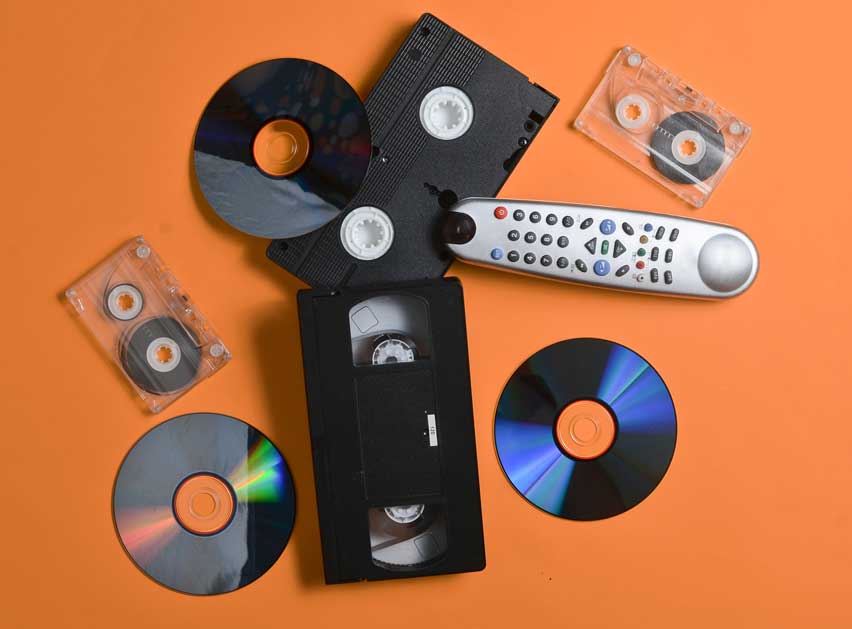

:max_bytes(150000):strip_icc()/filmstrip_97100824-56a4b4425f9b58b7d0d864f1.jpg)

